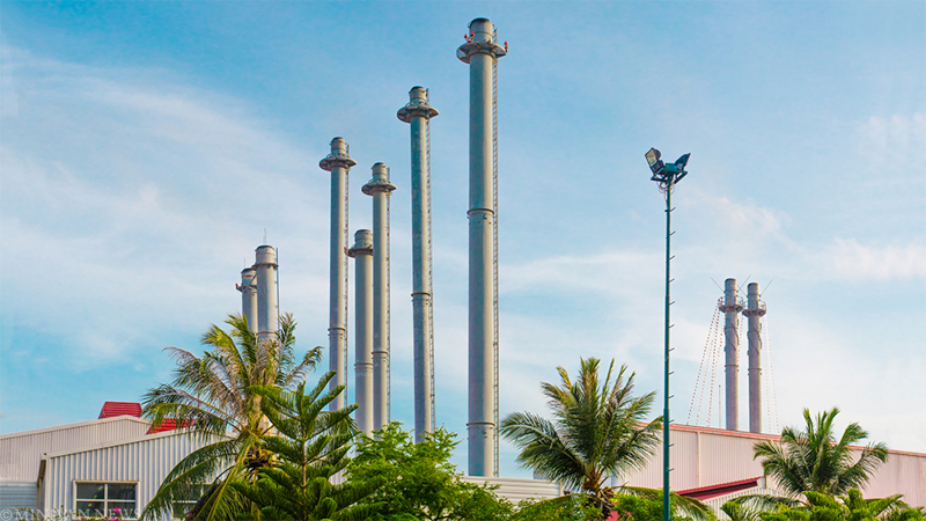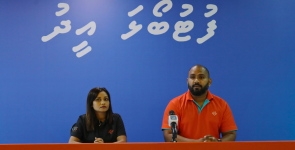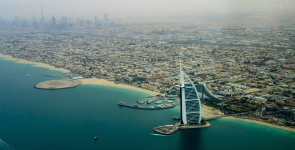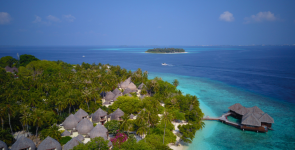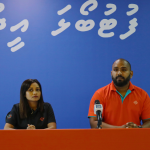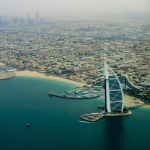The Ministry of Finance has disclosed that over USD 117 million had been spent on subsidies over the period of the previous three years in order to maintain price stability for electricity.
In a written statement provided to the Parliament in response to questions, the Minister of Finance, Ibrahim Ameer, outlined the subsidy expenditures and the total expenditures. He was questioned on the total amount of budget subsidies spent on electricity price control over the past three years, the criteria for giving subsidies to beneficiaries and the needy, and the priority given to small and medium-sized businesses (SMEs).
In response to these queries, Minister Ameer spoke on the state budget allocations for the power price reduction, water subsidy and price reduction, food price reduction, fuel subsidy, and pre-school operating support. The government is also working to supply inexpensive staple meals to the populace. In the past three years, the state budget has spent more than USD260 million on subsidies, according to the ministry of finance. Except for 0.1% of food subsidies, he stated that all subsidies are indirect. Therefore, everyone is eligible for the subsidy, not just the poor and needy. Minister Ameer stated that the subsidy’s beneficiaries include the wealthy, non-natives, businessmen, and tourists. He stated that the business subsidy is also distributed equally to all eligible enterprises.
The National Social Protection Agency (NSPA) provides food subsidies to poor minimal families. Families with incomes below the federal poverty level are eligible for the subsidy.


